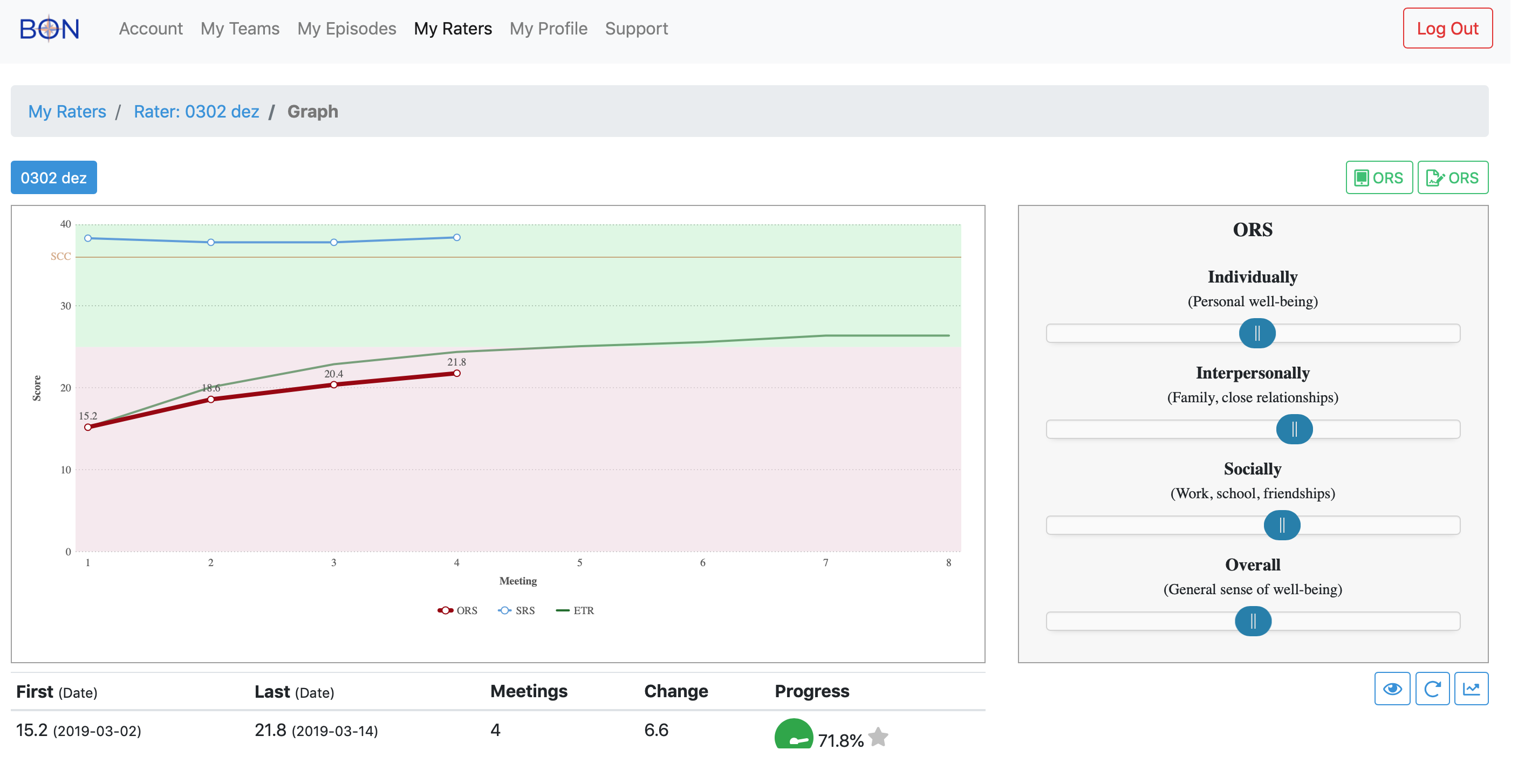March 19, 2019 02:41 PM
Recent research suggests that therapists who track their outcomes—who monitor their data—get better outcomes.“Love your data” has never been more relevant.
The great Jeffrey Kottler and the late (and great) Jon Carlson (Kottler & Carlson, 2014) asked me to consider four questions about what made my work effective. This is the fourth of four blogs that addresses these questions.
What advice would you give someone who aspires to be a master therapist?
First, of course, measure your outcomes to improve your effectiveness and track your development. The research literature offers strong evidence that therapists aren’t good judges of their own performance. It’s not that we’re naïve or stupid; it’s simply impossible to assess our effectiveness without a quantitative standard as a reference point. The Partners for Change Outcome Management System (PCOMS) offers a feasible way to cut through the ambiguity of therapy and discern your clinical development without falling prey to wishful thinking. The systematic collection of outcome feedback not only will improve your outcomes by identifying that pool of clients (that we all have) who are not responding so you can collaboratively forge new directions, it also allows you to track your effectiveness over time (your career development) and proactively implement strategies to improve your outcomes (like your alliance skills—have I said this before?).
Recent research suggests that therapists who track their outcomes—who monitor their data—get better outcomes. This is separate from the feedback effect itself. Said another way, providers who check out their stats and keep their development on the front burner help more clients than those who don’t. This makes sense. The therapists who care about their outcomes enough to measure and monitor them are also the therapists who are more proactive and creative about learning new strategies and expanding their relational repertoire. “Love your data” has never been more relevant!
Second, treasure the clients who do not respond to your therapeutic business as usual. Clients provide the opportunity for constant learning but tracking outcomes takes the notion that “the client is the best teacher” to a more immediately practical level. Tracking outcomes with clients not only focuses us more precisely on the here-and-now of sessions, it provides an in vivo training ground to expand our theoretical and technical repertoires. From our openness to client reactions and reflections, and our authentic search for new possibilities, we step out of our comfort zone and do things we have never done before. Tracking outcomes enables your clients—especially those who aren’t responding well to your usual fare—to teach you how to work better.
And when the chips are down, remember what I learned from Tina, my very first client: authenticity matters, and when in doubt or in need of help, ask the client, because you are in this thing together.
If you got into this business, like me and most of therapists I meet, because you wanted to help people, you already have what it takes to become a better therapist. It boils down to two things: One is your commitment to forming partnerships with clients to monitor the alliance you have with them and the outcome of the services you are providing. The second is your investment in yourself, your own growth and development. PCOMS and Better Outcomes Now provide the method for both.







.png)


.png)